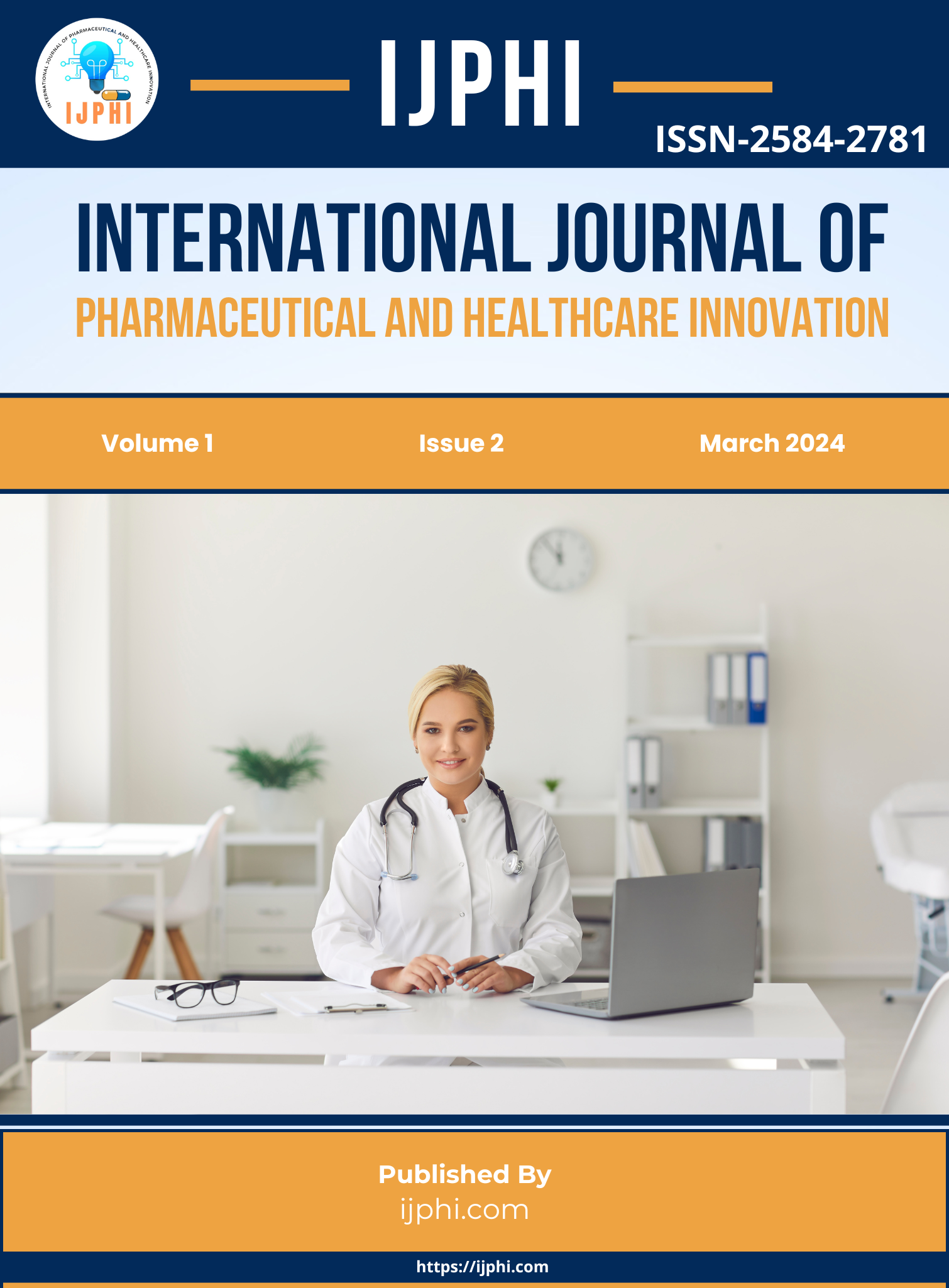Natural Compounds Used in the Treatment and Management of Psoriasis: A Review
Keywords:
Psoriasis, Phytoleads, Natural compounds, Anti-inflammatory, Antimicrobial, Phytomedicine.Abstract
Psoriasis, a chronic inflammatory skin disorder, presents a significant challenge for both patients and healthcare providers. Psoriasis affects approximately 2-5% of the population worldwide. It can develop at any age, but it most commonly first appears between the ages of 15 and 25. There are several different types of psoriasis, each with its own unique symptoms and treatment options. Neem (Azadirachta indica) and Licorice (Glycyrrhiza glabra) demonstrate notable anti-inflammatory effects, targeting the underlying inflammation associated with Psoriasis. Turmeric (Curcuma longa) contains curcumin, a potent anti-inflammatory and antioxidant agent, offering promise in modulating the aberrant immune responses observed in Psoriasis. Aloe Vera (Aloe barbadensis) and Tea Tree Oil (Melaleuca alternifolia) exhibit anti-inflammatory and antimicrobial properties, suggesting potential benefits in reducing redness, scaling, and secondary infections. Santalum album (Sandalwood) provides a calming effect on the skin, while Calendula (Calendula officinalis) offers anti-inflammatory support, promoting skin healing in Psoriasis lesions. Allium sativum (Garlic) and Thai ginger (Zingiber officinale) contribute allicin and gingerol, respectively, known for their anti-inflammatory and antimicrobial actions, complementing the management of Psoriasis symptoms. Giloy (Tinospora cordifolia) and Mahonia Aquifolium (Oregon Grape) exhibit immunomodulatory properties, potentially regulating the immune responses underlying Psoriasis pathogenesis. Although these natural compounds show promise as adjunctive therapies. This review article provides the effectiveness of natural products in managing and treating Psoriasis.

Downloads
Published
Issue
Section
License

This work is licensed under a Creative Commons Attribution-NonCommercial 4.0 International License.
All articles published in the International Journal of Pharmaceutical and Healthcare Innovation (IJPHI) are licensed under the Creative Commons Attribution–NonCommercial 4.0 International License (CC BY-NC 4.0). Authors retain copyright of their work and grant the journal the right of first publication. The published material may be used, shared, and reproduced for non-commercial purposes with proper attribution.
© IJPHI GLOBAL PUBLISHER PVT. LTD.










